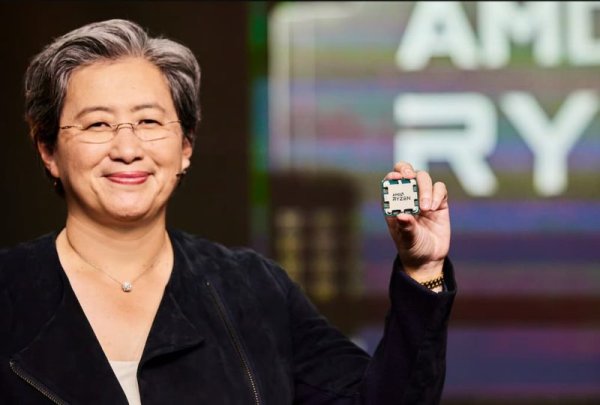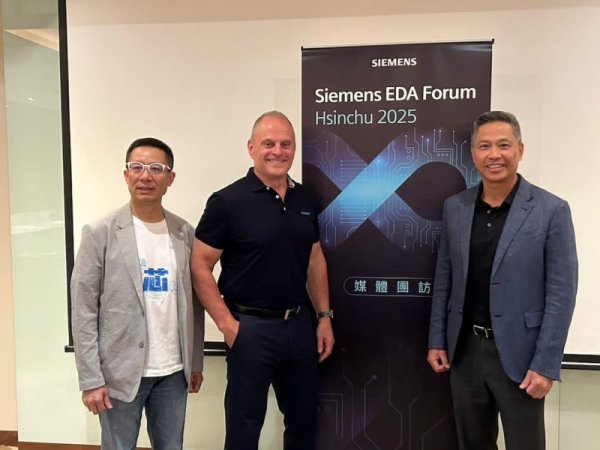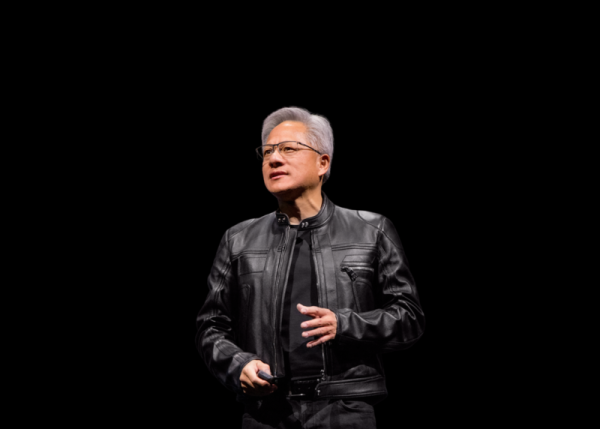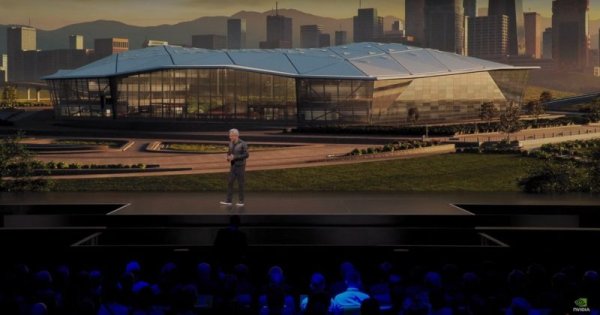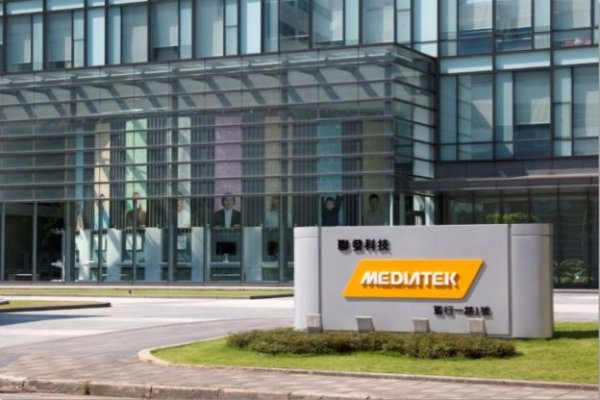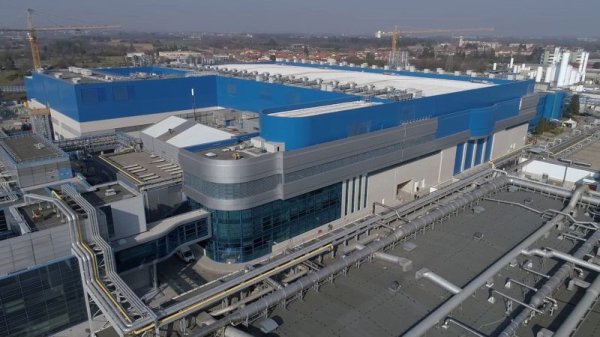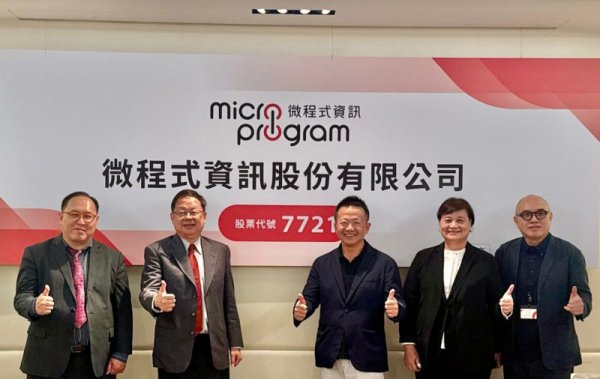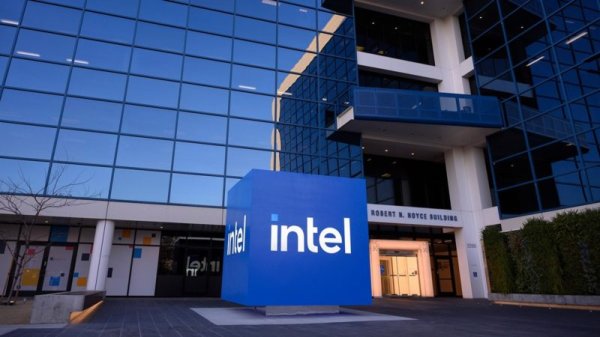Industry insiders: Samsung s second-generation 2nm will become the key to defeating the humiliation?
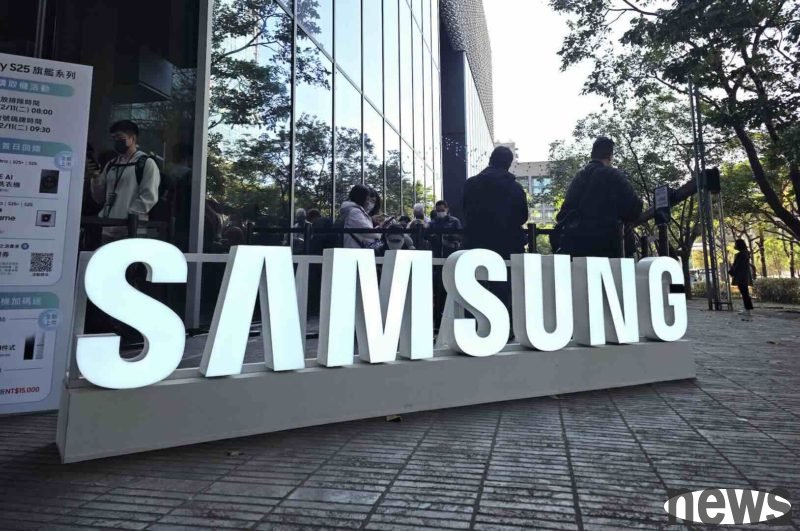
Samsung has failed to establish a good reputation in the crystalline foundry field for a long time, and has been almost left a big gap by NT$1. Now, an industry insider pointed out that if Samsung wants to take this humiliation, it will decide the success of its second-generation 2nm (SF2P) process.
In July this year, Samsung and Tesla signed a semiconductor foundry contract worth 22 megawatts (about NT$48.39 billion) to produce AI6 chips in SF2P process for application in fully automatic driving (FSD) systems and data centers. This order is seen by the outside world as a key machine for Samsung's test using new processes to monitor the telco in the high-performance computing field.
Compared with the first generation of 2 nanometers (SF2) produced in the second half of 2025, Samsung's second-generation 2 nanometers (SF2P) has increased its performance by about 12%, reduced power consumption by 25%, reduced chip surface by about 8%, and adopted an MBCFET (multi-bridge channel transistor) architecture. Samsung has emphasized the completed Basic Design Kit (PDK) and is actively promoting it to international customers. According to Korean media reports, it is expected that production will begin in 2026.
The 2 nanometer (N2) of the 2 nanometer (N2) of the meter is based on the GAA technology of the Nanosheet architecture, and emphasizes the design flexibility and stable yield. It is expected to start the production volume by the end of 2025, and both parties will face each other at the advanced stage.
Although the two structures are the same as GAA (circular gate) technology, there are still differences: Samsung's MBCFET uses a wider "bridge channel", which can provide higher current output in a single layer and pursue extreme performance; tyrene's Nanosheet is designed with multi-layer sheets, which has higher adjustment flexibility, which facilitates different application scenarios and helps improve yield and process stability. 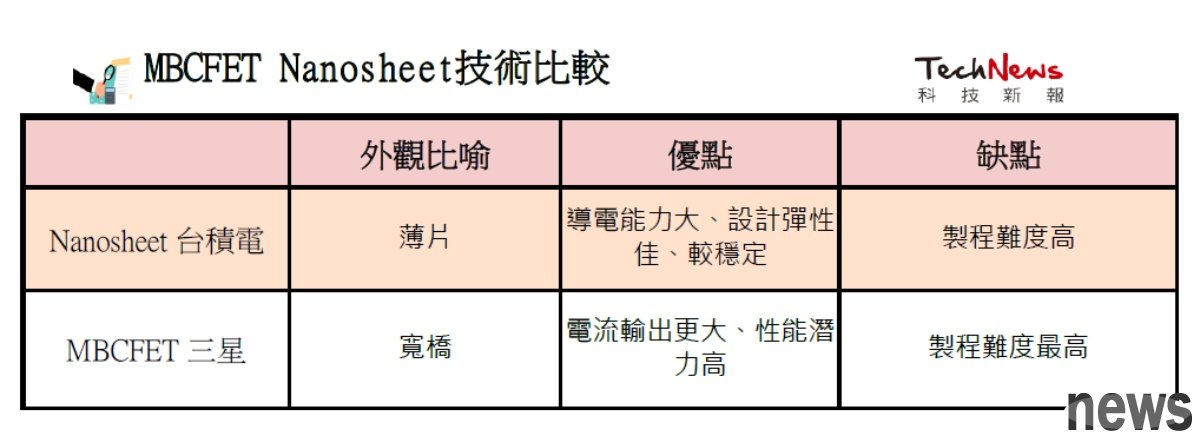
However, the yield rate of SF2P has not been announced so far, and the industry estimates that it will not gradually mature until the second half of this year at the earliest. This process is not only related to whether Samsung can follow Taiwan's power supply in the OEM market, but also related to its own Exynos mobile processor. However, Exynos' past performance has been criticized, which has left the outside world still skeptical of the reliability of SF2P. What is more noteworthy is that although Samsung has launched the third-generation 2nm (SF2P+), it is still a question whether it can truly shake Taiwan's electricity before the mass production starts.
Samsung’s Success Or Failure In The Cutting-Edge Foundry Business Will Be Determined By Its Second-Generation 2nm Process, Says Insider Extended reading: Tesla AI6 chips are sure to adopt Samsung's second-generation 2nm SF2P, with annual production capacity of 2026

